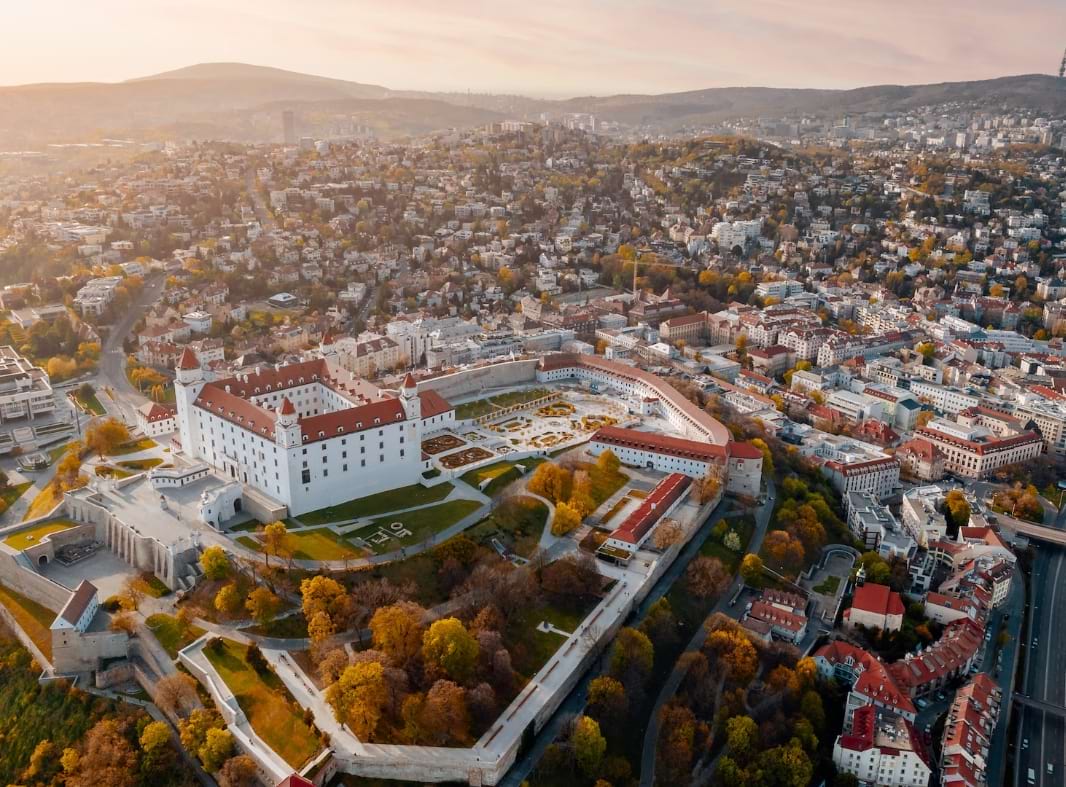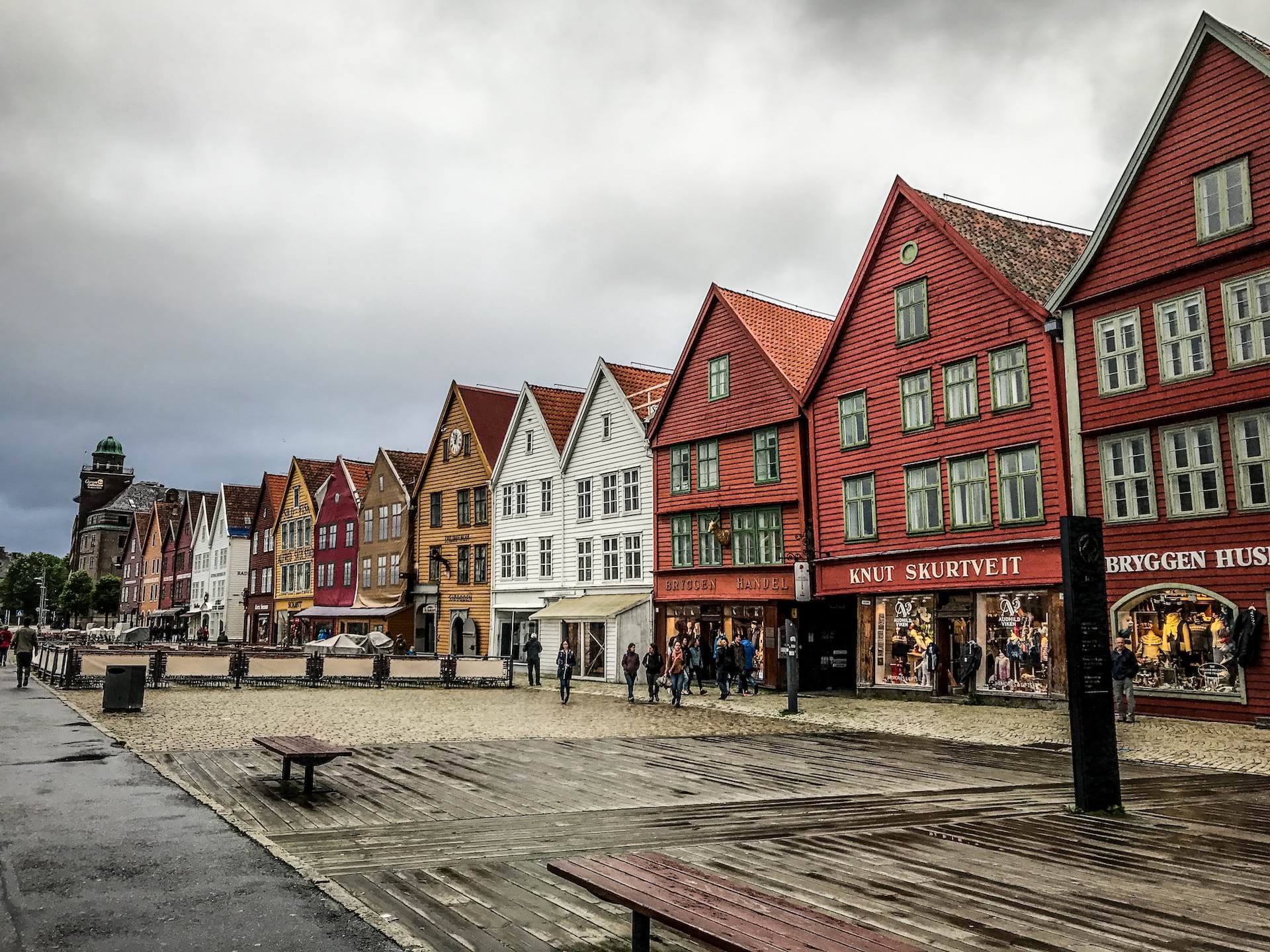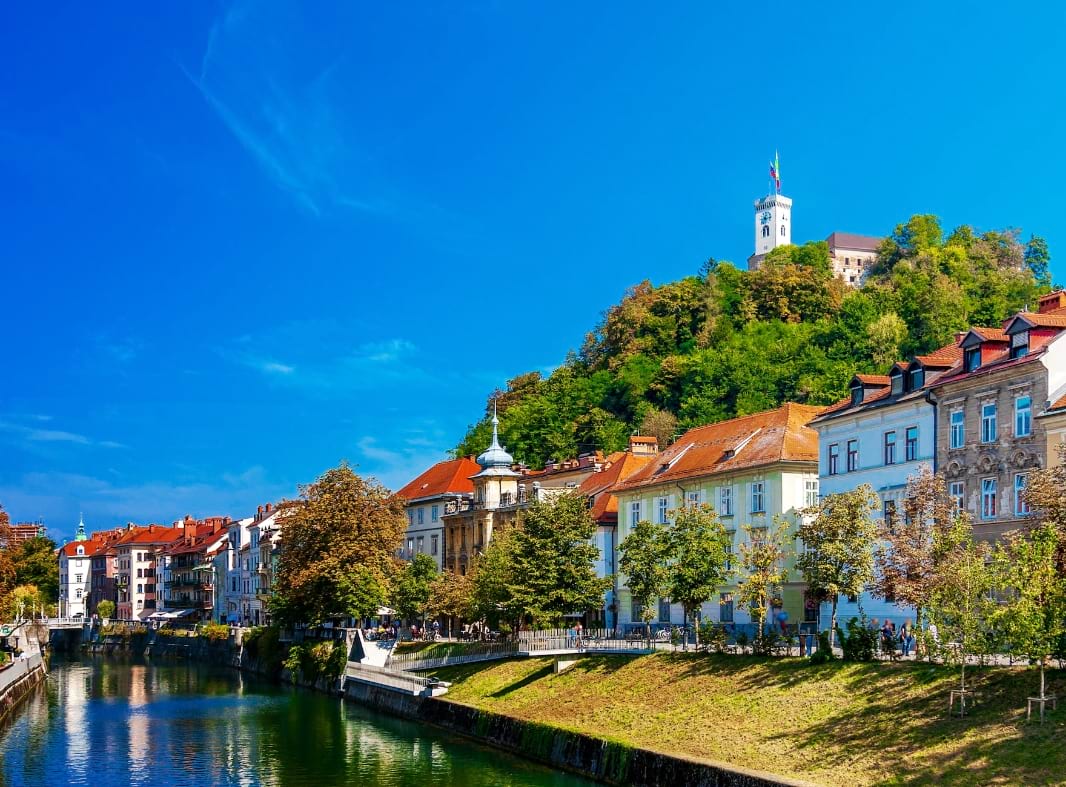Explore and Work in Europe

Work in Europe: Easy Work Permit & Visa Solutions | EU Helpers
Working in Europe as a foreigner can offer exciting opportunities and enriching experiences. With its diverse economies and thriving job markets, Europe welcomes skilled professionals worldwide. Depending on the country, obtaining a work visa or permit is usually necessary, and proficiency in the local language may sometimes be required. Technology, finance, healthcare, and engineering industries often offer numerous job prospects. Networking, researching job portals, and leveraging professional connections can help secure employment. Cultural adaptability, open-mindedness, and a willingness to embrace new experiences are valuable assets for foreigners looking to work and thrive in Europe.
Discover the Benefits of Working in Europe: Opportunities, Diversity, and More!
Europe is an amazing job market for everyone, as,
- Diverse Economies: Europe comprises a variety of economies, ranging from highly developed to emerging markets, providing a wide range of job opportunities across industries.
- Strong Job Markets: Many European countries have robust job markets with low unemployment rates, making it easier for job seekers to find employment.
- Skilled Workforce: Europe boasts a highly skilled and educated workforce, attracting employers seeking qualified professionals in various fields.
- Multinational Corporations: Europe is home to numerous multinational corporations, offering job seekers the opportunity to work for renowned global companies.
- Work-Life Balance: Many European countries prioritize work-life balance, offering generous vacation time, flexible working hours, and family-friendly policies.
- Cultural Diversity: Europe’s cultural diversity fosters an inclusive and vibrant work environment, providing exposure to different perspectives and opportunities for personal growth.
Job Sectors In Demand
- Accommodation and Food Service Activities
- Activities of Extraterritorial Organisations and Bodies
- Activities of Households as Employers
- Undifferentiated Goods and Services Producing Activities of Households for Own Use
- Administrative and Support Service Activities
- Agriculture, Forestry and Fishing
- Arts, Entertainment and Recreation
- Construction
- Education
- Electricity, Gas, Steam and Air Conditioning Supply
- Financial and Insurance Activities
- Human Health and Social Work Activities
- Information and Communication
- Manufacturing
- Mining and Quarrying
- Other Service Activities
- Professional, Scientific and Technical Activities
- Public Administration and Defence
- Compulsory Social Security
- Real Estate Activities
- Transportation and Storage
- Water Supply
- Sewerage, Waste Management and Remediation Activities
- Wholesale and Retail Trade
- Repair of Motor Vehicles and Motorcycles
Most popular ways to migrate to Europe
Migrating to Europe can be a complex process, and the popularity of specific ways to migrate can vary depending on your individual circumstances and goals. However, some common ways to migrate to Europe include:
- Work Visas: Many European countries offer work visas to foreign nationals. You typically need a job offer from a local employer to obtain one.
- Study Visas: If you want to study in Europe, you can apply for a student visa. Europe has many prestigious universities.
- Family Reunification: If you have family members who are already European residents or citizens, you may be eligible for family reunification visas.
- Entrepreneurship and Investment: Some countries offer visas or residency permits to individuals who invest in or start businesses in their territory.
- Refugee and Asylum Seekers: If you are fleeing persecution or war, seeking asylum in Europe may be an option.
- EU Blue Card: The EU Blue Card is a work and residence permit for highly skilled non-EU workers in participating countries.
- Retirement Visas: Some European countries have retirement visa programs for individuals looking to retire in Europe.
- Schengen Area: If you're a citizen of a country that's part of the Schengen Agreement, you can travel freely within the Schengen Area, which includes many European countries.
- Humanitarian and International Agreements: Some migration routes exist for specific groups under international agreements.
- Language and Cultural Exchange Programs: Some countries offer visas for language learners and cultural exchange participants.
Some of the Things to Remember to get a Job in Europe
There are several different things that people need to keep in mind while making their decision about getting a job in Europe. And they are as follows :
- Keep yourself open to all opportunities
- Build better Networking
- Start applying through active online portals
- Target Multinational Companies
- Try to get through educational institutions and other sources
- Take transfer
- Study more about Europe
- Apply for a work visa
Finally, the bottom line is that when a person decides to get a job or want to get a job in Europe, then he should think of all the necessary things which can help them get a job in Europe.
Therefore, this discussion over how to get a job in Europe provides all the necessary details about the facts and positions require to study even before applying for a job in Europe.
Illuminating Companies in Europe
Europe is home to a diverse and dynamic energy landscape with numerous illuminating companies playing pivotal roles in providing electricity and lighting solutions to the continent. Among these, E.ON, headquartered in Germany, stands out as one of the largest electric utility companies, supplying power and gas to millions of customers across Europe. Their commitment to renewable energy sources and sustainability initiatives has been instrumental in shaping Europe's transition towards a greener future. Another notable player is Enel, an Italian multinational energy company that operates in more than 30 countries. Enel is a significant contributor to Europe's energy mix, with a strong emphasis on expanding its renewable energy portfolio, including wind and solar power. The company's innovative approach and investments in cutting-edge technologies have cemented its position as a leader in the European energy market, actively contributing to the region's illumination.
In addition to these giants, several smaller, agile companies are making their mark by focusing on niche markets, energy efficiency, and innovative lighting solutions. Companies like Signify (formerly Philips Lighting) have a strong presence in the European lighting industry, offering a wide range of smart and energy-efficient lighting products. Moreover, innovative start-ups like OVO Energy, a British supplier, have gained prominence for their commitment to sustainability and customer-centric approach. These companies, along with the established industry leaders, collectively illuminate Europe through their energy generation and lighting solutions, playing a crucial role in shaping the continent's energy and environmental future.
Why you should move to Europe?
Moving to Europe can be an enriching experience for various reasons. Europe offers a rich cultural tapestry, historical landmarks, and diverse cuisines to explore. Its healthcare and education systems are often top-notch, and the ease of travel allows you to visit multiple countries easily. Additionally, Europe's emphasis on work-life balance and environmental consciousness can contribute to a high quality of life.
The Joys and realities of living and working in Europe
Living and working in Europe offers a unique blend of joys and realities. One of the joys is the rich cultural diversity that the continent provides. You can easily travel between countries, experiencing a wide range of languages, cuisines, and traditions. The access to universal healthcare and well-developed public infrastructure in many European countries contributes to a high quality of life. Moreover, Europe is home to a vibrant arts and entertainment scene, making it a hub for cultural enthusiasts.
However, the realities of living in Europe can vary depending on the country and region. The cost of living can be high in major cities, and competition for housing can be fierce. Work-life balance is generally valued, but in some professions, long working hours are expected. Bureaucracy and language barriers can also pose challenges, especially if you're not fluent in the local language. Additionally, the immigration policies and job markets differ between countries, which can affect your ability to find suitable employment.
Overall, living and working in Europe can be a rewarding experience, with access to diverse cultures and high living standards. However, it's essential to be prepared for the practical challenges that come with it, including cost of living and language barriers, which can vary from one European country to another.






























